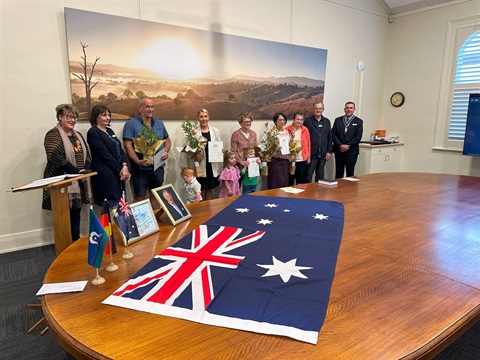The McGowan Government will introduce new measures, based on health advice, to support Western Australia’s agricultural and horticultural industries fill critical labour gaps for this season’s harvest.
The State Government will enable Western Australian growers to access Seasonal Worker Programme and Pacific Labour Scheme workers, subject to strict conditions to protect the health and safety of the WA community.
The Australia-wide international border closure has cut off the supply of Working Holiday Makers that WA’s primary industries are reliant on for harvest work.
Last month, the State Government launched the ‘Work and Wander out Yonder’ campaign and related worker incentives scheme to encourage Western Australians to help fill labour gaps across regional WA.
The campaign has drawn strong interest from local jobseekers and is expected to channel students, school leavers and other Western Australians into agricultural work.
However, requested additional support from the Federal Government – including incentivising those on JobSeeker payments into agricultural work – have not been forthcoming, so the State Government is moving to ensure WA growers have another tool at their disposal to fill labour shortages.
The new measures will initially focus on recruiting Seasonal Worker Programme and Pacific Labour Scheme workers that have already quarantined in the Howard Springs facility in the Northern Territory.
The State Government is in discussions with the Northern Territory and Federal Governments on bringing new Seasonal Worker Programme and Pacific Labour Scheme workers into the country and utilising quarantine facilities in the Northern Territory before being allowed to enter Western Australia.
Prior to the COVID-19 pandemic, Western Australian growers employed around 1,000 Seasonal Worker Programme workers – with the majority of remaining harvest jobs filled by Working Holiday Makers (backpackers).
The State Government will also allow for greater movement of critical agricultural workers from interstate, subject to usual isolation and quarantine requirements.
The Department of Primary Industries and Regional Development will place a five-person team within the WA Police Force to help manage the new system.
The Work and Wander out Yonder campaign will continue to roll out and will ramp up activities in November to encourage university students and school leavers into the industry ahead of summer holidays.
As stated by Agriculture and Food Minister Alannah MacTiernan:
“We have always made clear that our Government would throw everything at supporting industry to get this year’s harvest off.
“Our campaign has drawn real interest from local jobseekers and our priority will remain local workers. However, without further Federal Government action to incentivise those on JobSeeker to take up agricultural work, we are implementing further measures to support our growers.
“With backpackers unable to come to Australia due to the Federal Government’s international border closures, allowing growers to access the Seasonal Worker Programme and Pacific Labour Scheme will help to ensure we can fill critical labour shortages in our primary industries.
“Community health and safety is our number one priority, and we see the option of quarantining workers in the Northern Territory as the best solution.
“This will go some way to filling the labour shortage for this season’s harvest, but it is not a panacea – our growers will still require thousands of local workers to get the harvest off, and will need to demonstrate that they cannot fill their labour requirements locally.
“We will continue to work closely with growers to manage this issue.”








